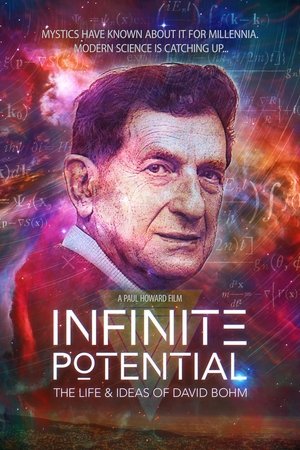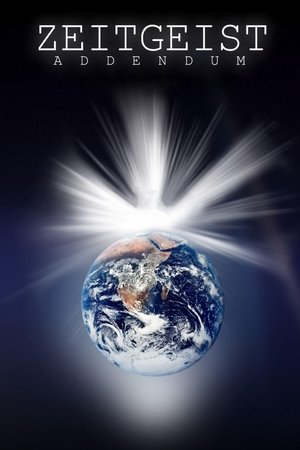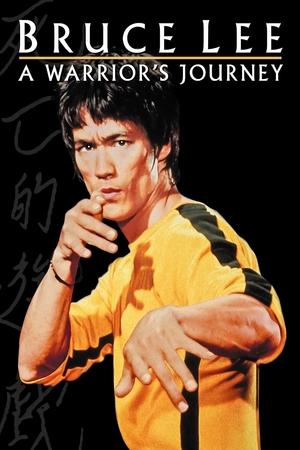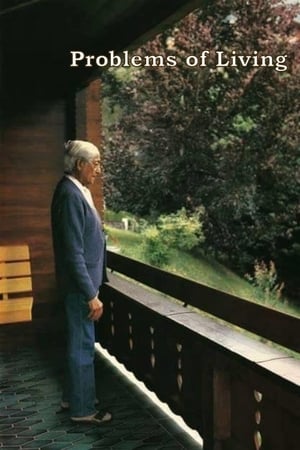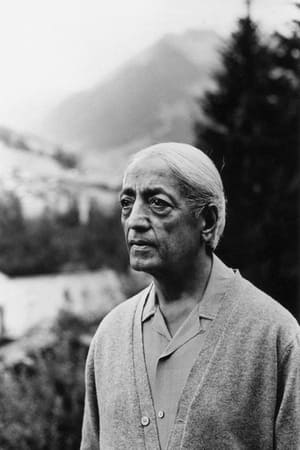
Jiddu Krishnamurti
Jiddu Krishnamurti lived from 1895 to 1986, and is regarded as one of the greatest philosophical and spiritual figures of the twentieth century. Krishnamurti claimed no allegiance to any caste, nationality or religion and was bound by no tradition. His purpose was to set humankind unconditionally free from the destructive limitations of conditioned mind. For nearly sixty years he traveled the world and spoke spontaneously to large audiences until the end of his life in 1986 at the age of ninety. He had no permanent home, but when not traveling, he often stayed in Ojai, California, Brockwood Park, England, and in Chennai, India. In his talks, he pointed out to people the need to transform themselves through self knowledge, by being aware of the subtleties of their thoughts and feelings in daily life, and how this movement can be observed through the mirror of relationship.
Jiddu Krishnamurti was born on 11 May 1895 in Madanapalle, a small town in south India. He and his brother were adopted in their youth by Dr Annie Besant, then president of the Theosophical Society. Dr Besant and others proclaimed that Krishnamurti was to be a world teacher whose coming the Theosophists had predicted. To prepare the world for this coming, a world-wide organization called the Order of the Star in the East was formed and the young Krishnamurti was made its head.
In 1929, however, Krishnamurti renounced the role that he was expected to play, dissolved the Order with its huge following, and returned all the money and property that had been donated for this work. He resigned as figure head of the Theosophists, and cut all ties to any notion of a religious or spiritual organization. This was followed immediately by a “core” statement, summarized as “Truth Is A Pathless Land: man cannot come to it through any organization, through any creed, through any dogma, priest or ritual, not through any philosophic knowledge or psychological technique. He has to find it through the mirror of relationship, through the understanding of the contents of his own mind, through observation and not through intellectual analysis or introspective dissection.”
For the rest of his long life, he taught not as an authority but as an investigator looking into life’s fundamental issues through questioning all assumptions, and challenging his listeners to do the same.
The body of Krishnamurti’s work is enormous, some estimate it at more than 100 million words; 60 years of more or less uninterrupted appearances around the world. His charge to the Foundations at his death in 1986 was to spread his un-interpreted, authentic body of work around the world. His talks and dialogues have been compiled and published in more than sixty books and translated into as many different languages. His books include The Ending of Time, Freedom from the Known, Commentaries on Living, Education and the Significance of Life, The Awakening of Intelligence, and The First and Last Freedom.
Known For

